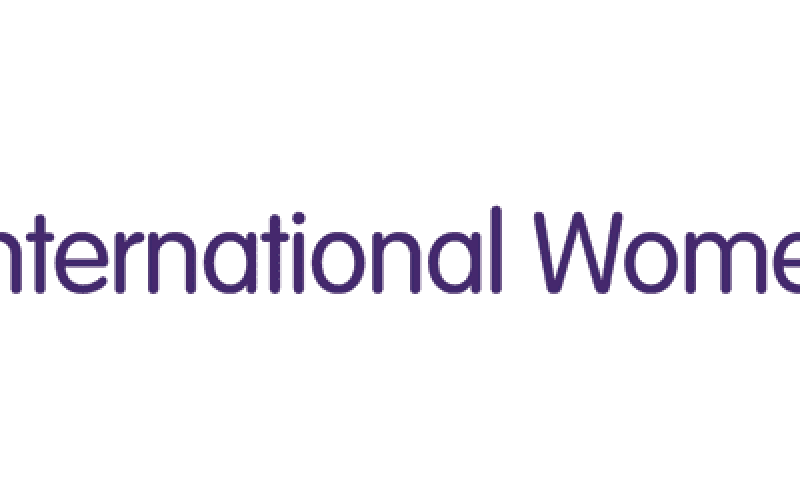March 8th is International Women’s Day, the annual celebration of women’s social, cultural, political and economic achievements. With the release of the World Economic Forum’s 2017 Global Gender Gap Report stating pay equality is 200 years away, and increasing media attention on movements such as #MeToo and #TimesUp, more women than ever are standing up and demanding justice and equality.
We know equality won’t happen overnight, so it is important to continue a strong call-to-action for gender equality and justice for women. This year’s theme is #PressforProgress. It calls for communities to motivate and unite friends, colleagues, and whole societies to think, act, and be gender inclusive.
Here in Japan, despite some movement with the #MeToo campaign, women’s equality in 2017 dropped three points in the global rankings to 114 out of 144 countries, falling way behind most other developed countries. While the government continues to look at gender parity issues and the low number of women in leadership roles, both in the private sector or parliament, attention on laws and services to support women’s rights in area such as domestic violence, rape, intimate partner violence, and sexual assault also need to remain in the spotlight.
This year, TELL is once again making a noise about Japan’s rape and sexual assault laws, and the difficulties surrounding reporting, seeking help, and supporting of women. Sadly, responses to women who are raped or assaulted in Japan from the community, lawyers, police, and even those close to them create cumulative traumatization that leaves many women with lifelong health impacts.
Research shows that following rape, one in three women will develop PTSD. Rates of depression in adult women were found to be three to four times higher in women who have been exposed to childhood sexual trauma and in adult women with physical abuse or intimate partner violence. A 2014 World Health Organization & United Nations Report on the Global Status on Violence Prevention & 2016 UNICEF Call to Action for the Protection of Women and Girls from Sexaul Violence reported that one in three women and one in four girls under the age of 18 have been the victim of violence by an intimate partner. These are not small numbers; they are our sisters, mothers, friends, daughters, colleagues. Additionally, UNICEF found that adolescent females are the most vulnerable group, with intimate partner violence accounting for the second leading cause of death of 10–19 years old girls.
As part of this year’s #PressforProgress campaign, in Japan, the following three areas play a vital role in bringing about change:
- Effective training of police, lawyers, medical examiners, nurses etc. is essential to have a positive supportive impact on the survivors of sexual violence, and not create more trauma.
- Support for survivors in languages other than Japanese is also needed.
- Education at the community level to change people’s attitude to rape and sexual violence is urgently needed. Efforts that focus on the prevention of sexual assault/violence can reduce the likelihood of multiple victimizations in womens’ lifetimes, thereby curbing negative mental health effects.
TELL is looking for funding to deliver a dating violence programs in high schools and colleges across Japan to promote insight and prevent abusive relationships among youths.
If you would like to sponsor or find out more information, please contact us at [email protected]. All across the world women are raising their voices and making positive gains day by day. Let’s make sure that Japan also continues to #PressforProgress, and equality for all.
by Vickie Skorji, Lifeline Director

